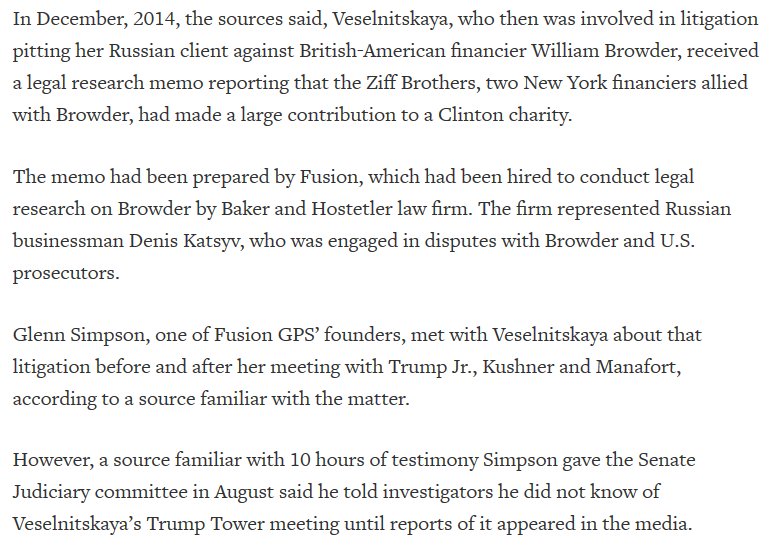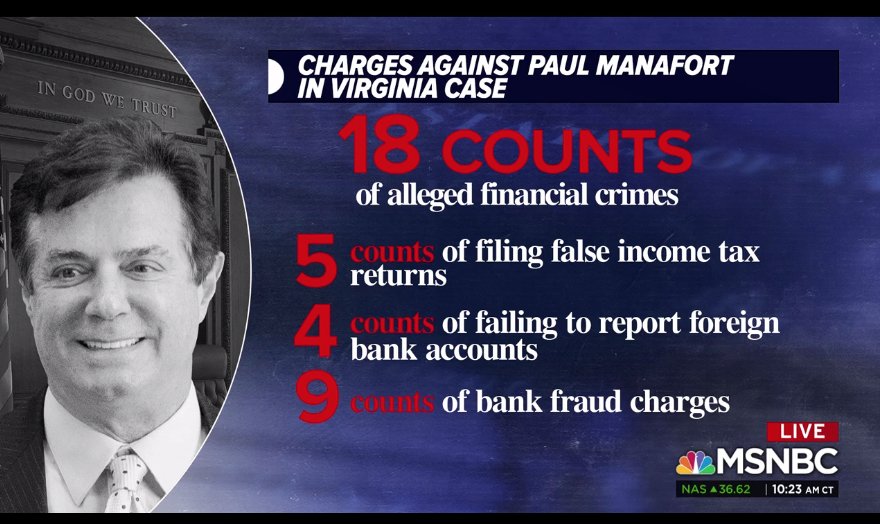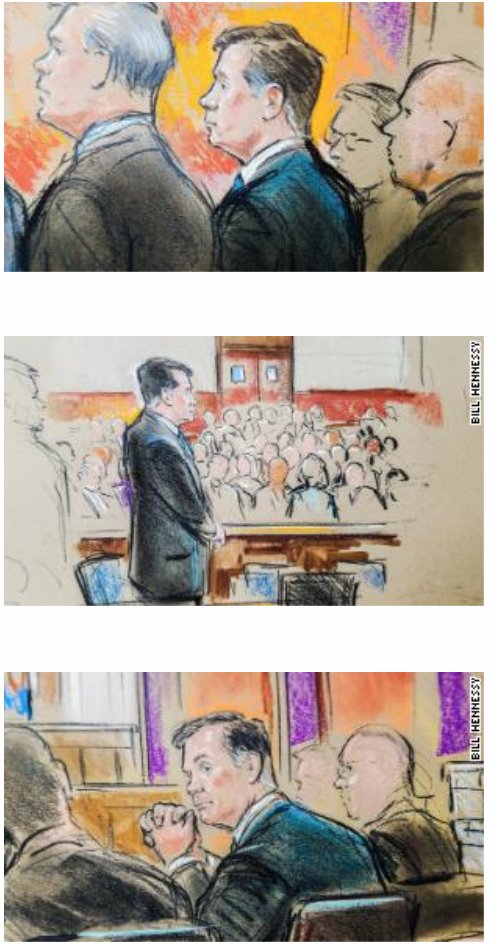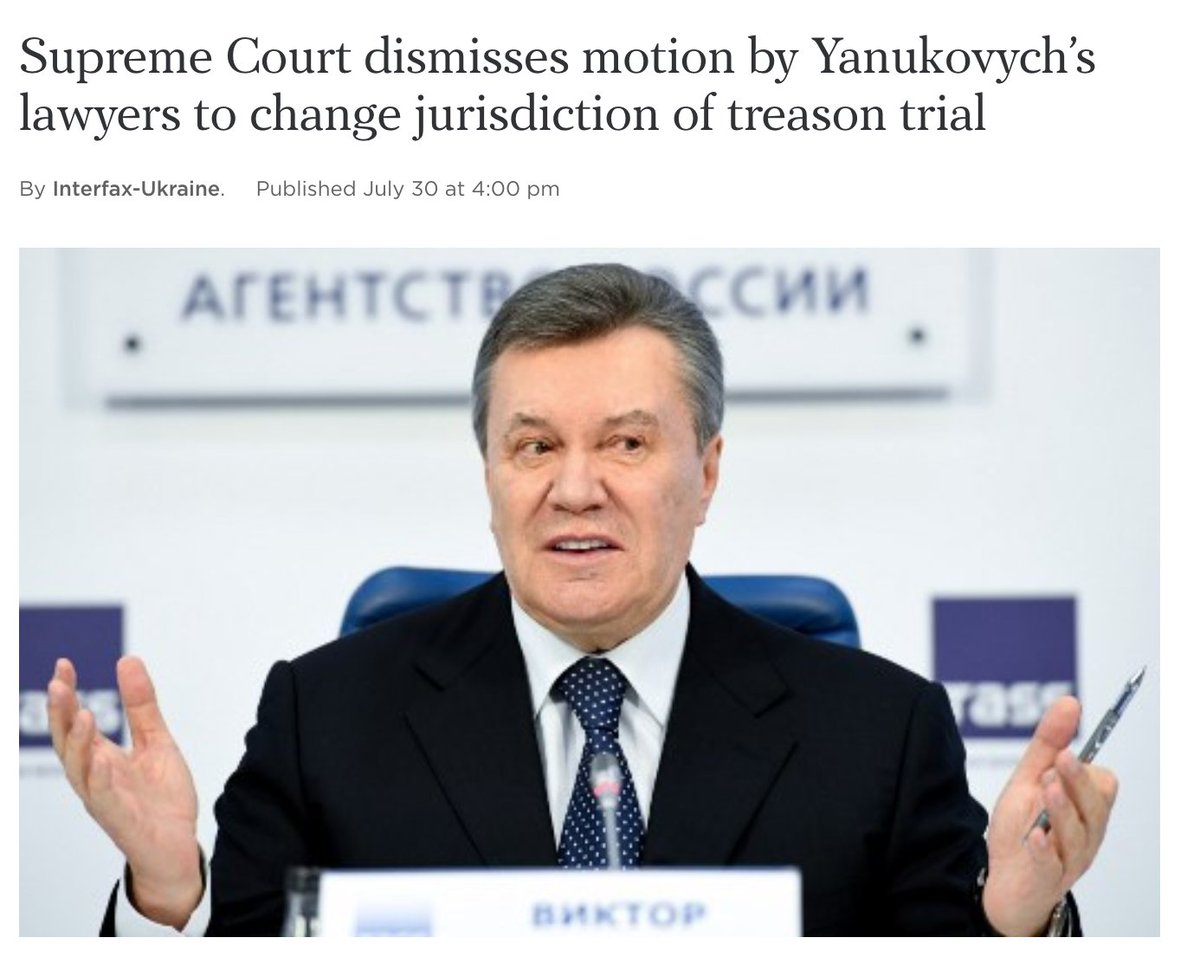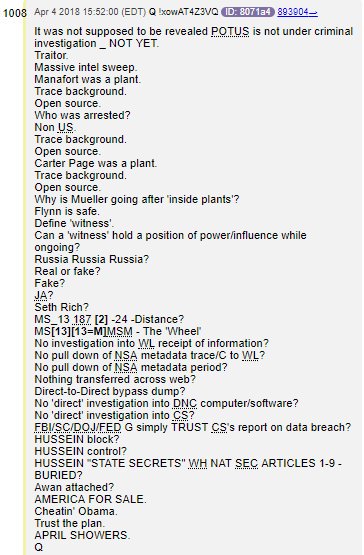Manafort challenged the validity of Rosenstein’s appointment of Special Counsel Mueller, while also arguing that Mueller’s prosecution fell outside scope of the special counsel jurisdiction.
Up to that point, we knew only of original May '17 appointment document.
Contents of the Rosenstein memo remain classified and most, including members of Congress, don’t know what is within redacted sections.
U.S. District Judge T.S. Ellis III, who presided over Manafort trial.
He received a copy on May 17, 2018.
“If I look at the indictment, none of that information has anything to do with links or coordination between the Russian government and individuals associated with the campaign of Donald Trump.”
“You don’t really care about Mr. Manafort’s bank fraud. You really care about what information Mr. Manafort can give you that would reflect on Mr. Trump or lead to his prosecution or impeachment or whatever.
“It’s not appropriate for the government to disclose specific subjects of an investigation when those matters may never result in a charge and when they could jeopardize ongoing criminal investigations, as well as reveal national-security matters.”
“We’re not interested in it because we can’t use this to further our core effort, which is to get to Trump?”
The Mueller team provided the “unredacted memorandum” under seal with the U.S. District Court’s Eastern District of Virginia.
It was a victory for the Mueller team and a seeming change in Ellis’s initial thoughts on May 4.
“The August 2 Scope Memorandum reflects that the Special Counsel was acting within his authority when he sought and obtained the Superseding Indictment against defendant in February 2018.”
“The record makes clear that the Acting Attorney General [Rosenstein] has required the Special Counsel to consult with the Acting Attorney General before investigating matters that might fall under the May 17 Appointment Order."
“The Acting Attorney General has required the Special Counsel to follow the procedures for gaining additional jurisdiction should the Special Counsel wish to exercise the authority set out in [the May 17 Appointment Order].”
He did so in 2017 on Jan. 6, Jan. 28, and March 30.
Comey noted he “had told him we weren’t investigating him and that I had told Congressional leadership the same thing.”
“In response to the Committee’s inquiries, the Chairman and Ranking Member received a briefing on March 15, 2017, from then-Director James B. Comey, Jr.
Comey would have also briefed SSCI leadership on the Russia investigation at or around the same time as he briefed Grassley and Feinstein.
While Rosenstein remained in his current position, it was reported that Whitaker would assume authority over the special counsel investigation.
Rosenstein remains in his position.
It seems likely that, similarly to Judge Ellis, Whitaker found nothing "untoward" in the Aug. 2, 2017, memo.
The Muller indictment in July contains the same information as the March 22 House Intelligence Committee Russia report.
/End

